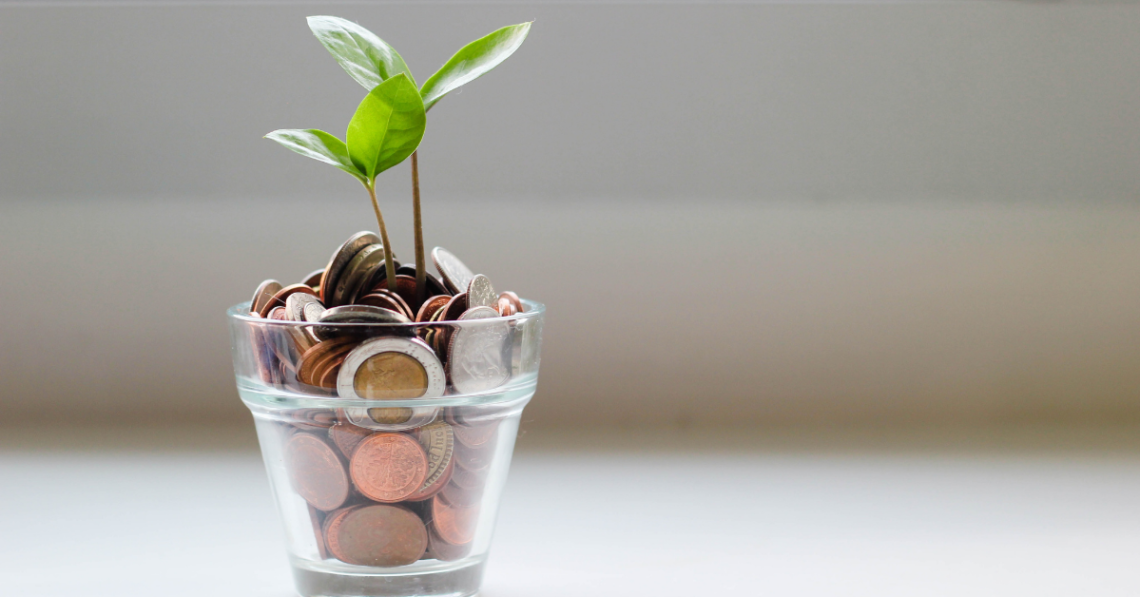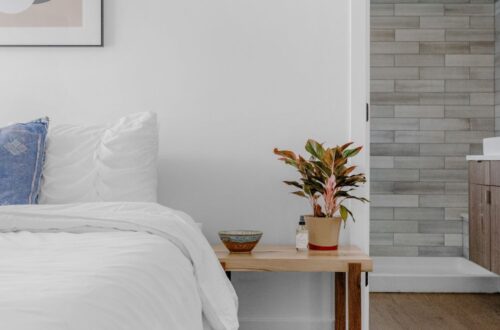
7 Ways To Take Control Of Your Finances
Sorting finances out can be tricky for a lot of people and good money habits are something that can take years to perfect. When you are looking to improve your finances and set yourself money goals such as buying a house or saving for your retirement, it can be frustrating knowing that it’s likely to take you a long time to get your finances in a comfortable place to be able to achieve these goals. Even more so if you have debts that you want to pay off sooner rather than later.
If you start implementing good money habits, they will help you meet your big financial goals much quicker. Here are some things you can do to take control of your finances, pay off debts quicker, and put more money towards your savings.
Work out how much your debt is
Many people acquire different debts over the years and lose track of how much they owe. When trying to take control of your finances, you need to know where you stand which means adding up all your debts so you know exactly what you are dealing with. The best way to do this is to create a list of everything you owe and how much you pay each month, from credit cards, store cards, loans, overdrafts, and your mortgage.
From here you will be able to create a budget for all your monthly outgoings and look at ways to reduce your expenditure. Finding ways to cut back on your spending will help you clear off debts much quicker.
Check your credit report and improve your credit score
If you have not checked your credit report, this should be your next step. It’s free to access and it can help you fix any mistakes which can affect your chances of getting credit in the future. You need to get into the habit of checking your credit report often so you can recognise mistakes or any type of fraud.
You will be able to find out your credit score from your credit file, and if it is low due to applying or taking out a lot of credit over the years, or not paying your bills on time, then you need to try and improve this. To improve your credit score, you need to ensure you pay bills on time, register to vote, and by getting any mistakes on your file rectified immediately.
Pay off your debts rather than save
While it is nice knowing you have some money put away for a rainy day, if you have several debts then the interest you are paying on them is costing you more than what your savings earn. If you can, use your savings to clear debts and you will be better off financially, allowing you to start your savings again.
If you have a growing amount of debt there is no point in having an emergency fund set aside. It’s best to put this to use and pay the debts, especially your credit cards. Although it’s not essentially an ‘emergency’, using your savings for something that will benefit you long-term is the sensible thing to do and is a good way to take control of your finances.
Consolidate your debts
If you have a lot of different debts, consider debt consolidation loans as a way to pay off all your existing debts by merging them all into one monthly payment. This way you will only owe one lender and it could end up lowering your monthly repayments. A debt consolidation loan is a good option if you are finding it difficult to keep up with several different debts.
However, if you are struggling to pay off your debts currently, then you may also have trouble paying back this new loan that you will be taking out. If this is the case, you may need to look at an alternative as getting yourself further into debt is not the solution.
Switch to a 0% balance transfer credit card
A 0% balance transfer credit card can be useful if you have several credit cards or store cards that you are paying interest on, allowing you to repay it at a cheaper or interest-free rate. If you are looking for a 0% balance transfer credit card, remember to check the length of the 0% period as well as the fee for the balance transfer.
How it usually works is the longer the length of the 0% period, the higher the fee is. That’s just something to bear in mind. Some cards won’t charge a fee at all, so it’s worth looking around for the best deal.
Sell your unused and unwanted items
If you’re looking to bring some extra money in to put towards your savings, then you should have a clear out of things you no longer want or need. There’s bound to be loads of items around your home that don’t serve a purpose anymore, such as old clothes you are never likely to wear, toys that your children have grown out of playing with, or even furniture that is taking up unnecessary space.
You can make extra money by selling these items if they are in good condition. Websites like eBay, Gumtree, and even Facebook are good places to sell your unwanted items, so it’s definitely worth looking around the home.
Save money wherever possible
A good way to reduce your outgoings is to try and save money on things like your car or home insurance when it’s time to renew, or switching branded items at the supermarket for the shop’s own brand. Don’t forget to cancel any direct debits that you no longer use, such as your gym membership or a streaming service.
Of course the best way to save money is not to spend at all. But sometimes it may be necessary. For example, at the beginning of the year we desperately needed some new towels. The White Company were having a 30% off sale anyway, and I managed to find a White Company promotional code here that saved me a further 10%. Wherever possible, use discount codes to save money on items you were going to purchase anyway.
Saving money on things like this may not seem like a big deal to start with, but when they all start to add up in your savings account you’ll be glad you cut back.
Following these seven tips outlined in this post can help you take back control of your finances and can also help you save some money along the way.
Claire x




